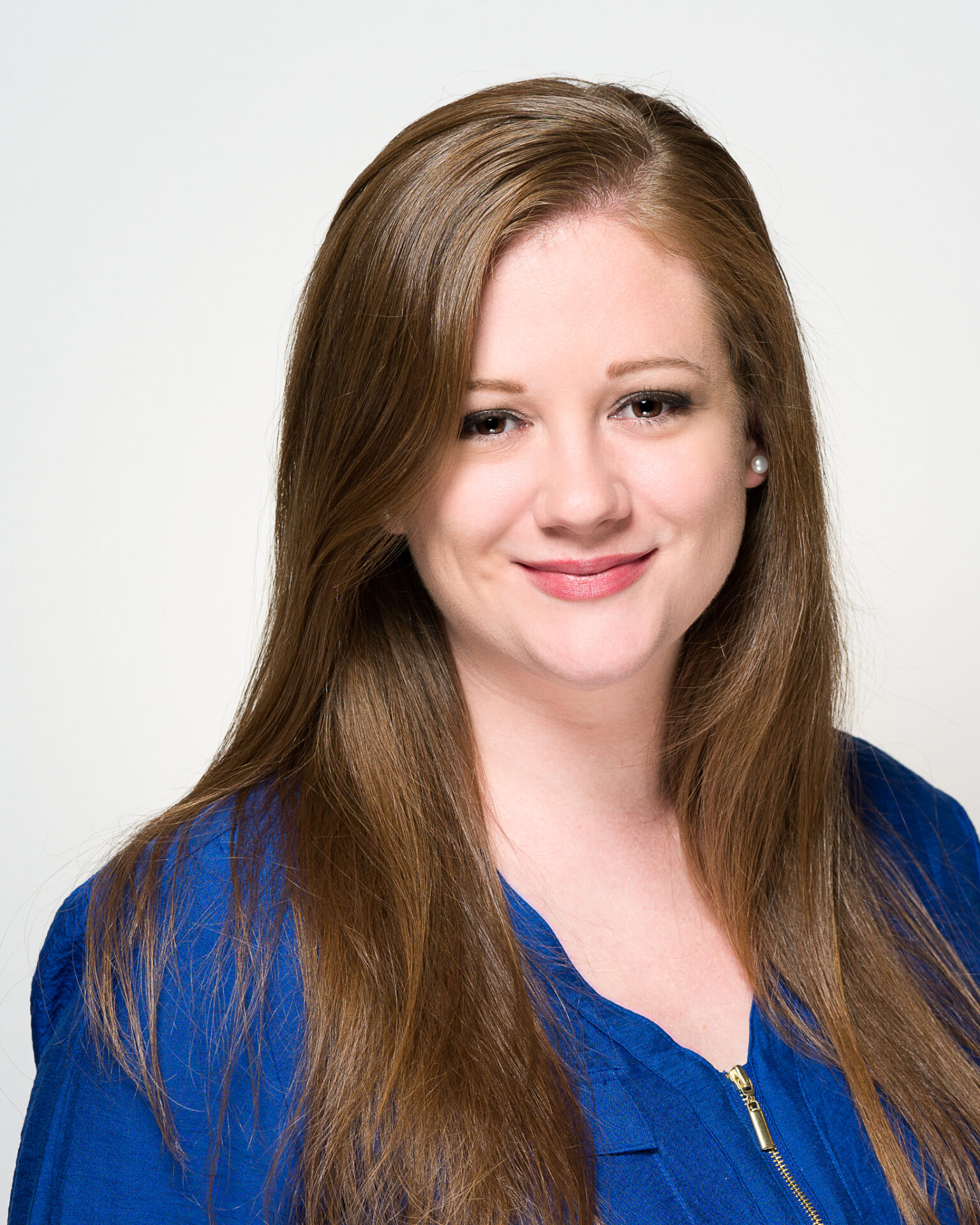Habit Formation
Habits are powerful drivers of human behavior, shaping our daily routines and long-term outcomes. Understanding the science behind habit formation can help us develop positive habits and break negative ones. At the core of habit formation is a neurological process known as the habit loop, which consists of three key components: the cue, the routine, and the reward.
The cue is a trigger that initiates the habit. It can be anything from a specific time of day, an emotional state, or an environmental factor. For example, feeling stressed might cue someone to reach for a snack.
The routine is the behavior itself, which is the action taken in response to the cue. In our example, the routine would be eating the snack.
Finally, the reward is the positive reinforcement that follows the routine, making the behavior more likely to be repeated in the future. The reward could be the temporary relief from stress provided by the snack.

Research has shown that habits are formed through repetition and reinforcement. When a behavior is consistently performed in response to a cue and followed by a reward, neural pathways in the brain are strengthened, making the behavior more automatic over time. This process is known as neuroplasticity, where the brain’s structure and function are altered based on experiences and behaviors. The basal ganglia, a region of the brain involved in habit formation, plays a crucial role in this process by storing and automating habitual behaviors.
To build new habits, it’s essential to identify and manipulate the components of the habit loop. Start by choosing a specific cue that will trigger the desired behavior. Then, establish a routine that is simple and achievable. Finally, ensure that the routine is followed by a meaningful reward. Over time, as the behavior is repeated and reinforced, it will become a habit. Conversely, breaking a bad habit involves disrupting the habit loop by identifying the cue and finding alternative routines that provide a similar reward. By understanding and leveraging the science of habit formation, we can create lasting positive changes in our lives.
What are some practical tips for forming new habits you ask?
- Start Small: Begin with a manageable and specific habit. Instead of aiming to exercise for an hour every day, start with a 10-minute walk. Small, achievable goals are easier to stick with and build momentum.
- Use Triggers: Identify a consistent cue that will remind you to perform your new habit. This could be something you already do regularly, like brushing your teeth or having your morning coffee. For example, if you want to start meditating, do it right after you brush your teeth in the morning.
- Set Clear Goals: Define what you want to achieve and why it’s important to you. Having a clear purpose can motivate you to stick with your new habit. Write down your goals and keep them visible as a reminder.
- Track Your Progress: Keep a journal or use a habit-tracking app to monitor your progress. Seeing your achievements can boost your motivation and help you stay accountable.
- Reward Yourself:

Give yourself a small reward after completing your habit. This could be something simple like enjoying a piece of dark chocolate or taking a few minutes to relax. Rewards reinforce the habit loop and make the behavior more likely to stick.
- Stay Consistent: Try to perform your new habit at the same time and place every day. Consistency helps reinforce the habit loop and makes the behavior more automatic over time.
- Be Patient and Persistent: Habits take time to form. Research suggests it can take anywhere from 21 to 66 days to establish a new habit. Be patient with yourself and don’t get discouraged by setbacks. Keep going, and it will get easier.
- Find a Support System: Share your goals with friends or family members who can encourage you and hold you accountable. You can also join a group or community with similar goals for additional support.
- Visualize Success: Spend a few minutes each day visualizing yourself successfully performing your new habit. This mental rehearsal can increase your confidence and commitment.
- Adjust as Needed: If you find that your initial plan isn’t working, don’t be afraid to make adjustments. Flexibility is key to finding what works best for you.
By incorporating these tips into your routine, you’ll be well on your way to forming new, positive habits.
Author

Brittany Kowalski was one of the very first Nationally Board-Certified Health and Wellness Coaches in the country and earned her original certification through the University of Delaware’s Graduate program.While sports medicine was her first passion, she became drawn to preventative approaches with her patients and threw herself into learning ways to help motivate people to manage and prevent chronic diseases. Her diverse experiences as a health promotion specialist including diabetes lifestyle coaching, mental health initiatives, and even laughter therapy programs, have allowed her to walk beside and help guide people on their wellness journeys. Over her career, she has been sought out as an expert in the field of Health Coaching including speaking opportunities for the American Diabetes Association, the Medical Affairs Professionals Global Conference, Rutgers University, American College of Preventative Medicine, and the National Wellness Conference.In addition to her work as a clinician, she has also helped to initiate health coaching programs in various large-scale hospitals across the nation with focuses on cardiometabolic, pulmonary, bariatric, and physical therapy.


